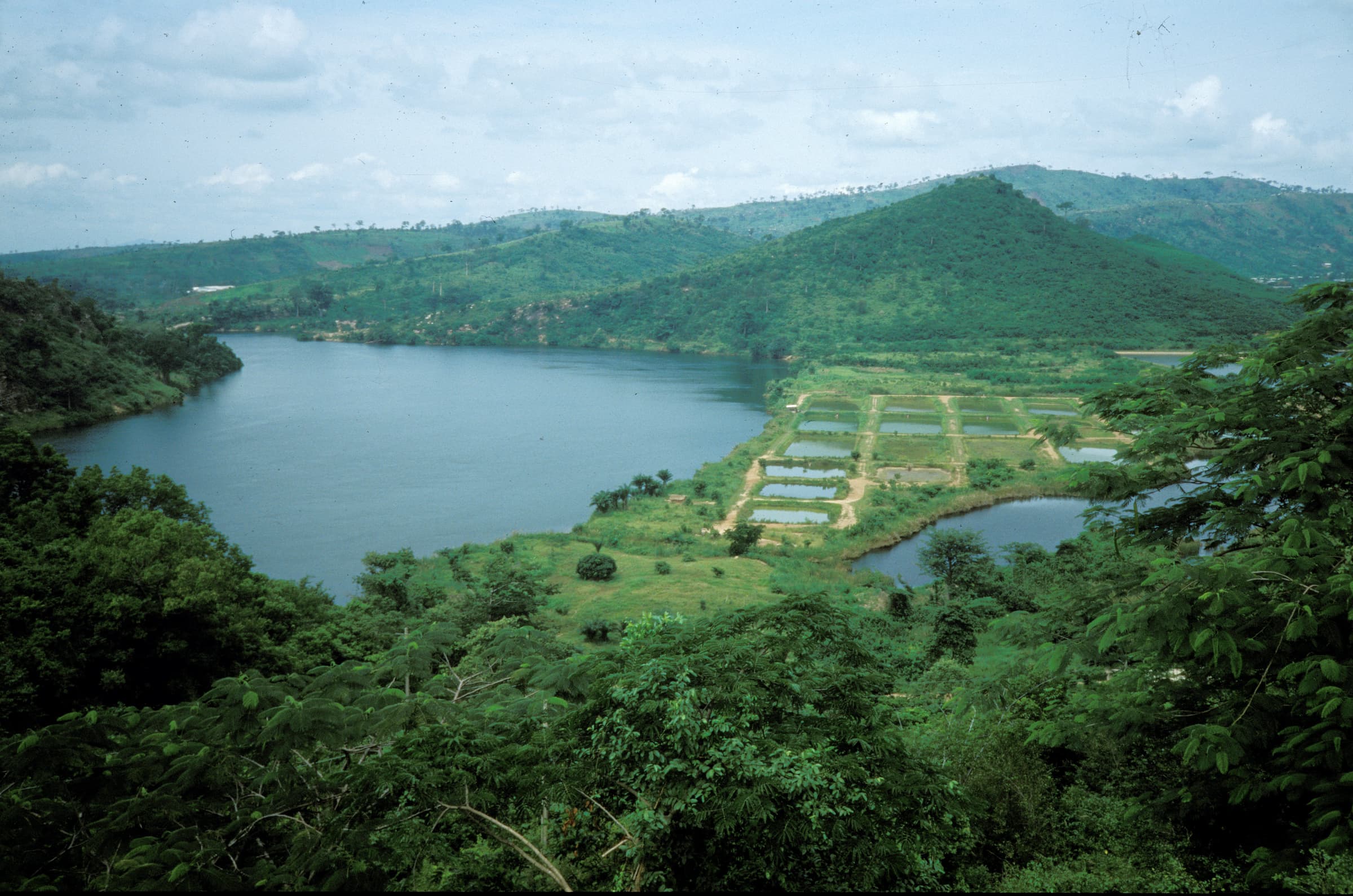Mzuzu variety trial moves forward with first harvest
Local cuppers taste 29 varieties, most of which have not been grown previously in Malawi
The International Multilocation Variety Trial (IMLVT) at Lunyangwa Agriculture Research Station (LARS) in Mzuzu, Malawi has realized its first harvest and cupping activity since its establishment in 2017. The trial is a partnership between World Coffee Research (WCR) and the Malawi Department of Agricultural Research Services (DARS). Malawi is one of 16 countries participating in WCR's global network of 27 trial sites to see how varieties perform around the world and allow countries to understand which are best suited for growing in their particular geographies.
WCR’s IMLVT program is a first-of-its-kind undertaking to facilitate global exchange of the highest quality coffee varieties. The IMLVT helps countries overcome historical and institutional barriers to accessing the world’s best existing planting material.
The program aims to generate critical knowledge for coffee producers and agronomists about how varieties respond to different climatic conditions—including extreme environments with high temperatures and long dry periods, which mimic the changing climate coffee growers are seeing in coffee-producing countries around the world. Read more about the IMLVT program here.
Malawi’s trial was established upon the receipt of 28 distinct varieties with different origins—the same varieties planted in other IMLVT plots globally, which come from 11 breeders/providers from all over the coffee-producing world. Since then, Lunyagwa has been diligently monitoring vegetative performance, yield production, disease incidences and severity, and climate trends.

Aerial view of lake, Malawi. Photo by Randall Brummett via WorldFish, 2002.
The plants at each IMLVT trial site take approximately 3–4 years to reach maturity (e.g., to begin producing a harvest of cherries/seeds). Once the trial reaches maturity, it’s possible to evaluate the performance of different varieties, both in the field and in the cup, to see which might hold promise for Malawian farmers. The first significant harvest in Malawi was made in 2021. A cupping was organized on 17 March 2022 in collaboration with Mzuzu Coffee Planters Cooperative Union, during which 28 variety samples were analyzed for cup quality.
These samples were generated by 24 of the 28 varieties that were provided by WCR and 5 varieties provided by DARS. Those provided by DARS include Catimor 129 (locally known as Nyika) and Geisha—released varieties in Malawi included as control varieties—and elite genotypes with potential high yield performance (15066, 15069, and 15077) from previous trials at LARS.
The goal of cupping was to determine which varieties have the highest cup quality scores at the LARS location and the potential to increase value addition opportunities at origin, leading to the assessment of the performance of such varieties in relation to the industry needs. In this first year, top performers from the cupping include: IPR 103, Pacamara, Catimor 129, Oro Azteca, and 15066.
In order to select the best performing varieties, it’s important to evaluate and verify performance over multiple years and sites. Moving forward, cupping will be conducted each year to establish the stability of the performance of each variety. These results will guide decisions on the best varieties for possible release in Malawi. According to Dr. Nathan Kachiguma, LARS’ Project Coordinator, the top-performing varieties will be selected and DARS will seek permission from the breeders of selected genotypes for access and use.
Commercial release of a new variety is a time-intensive process that would require the establishment of additional test sites to verify that performance is high across multiple regions (Malawi requires a minimum of three trial sites) in order to increase confidence in the suitability of new varieties for growers and to minimize the risks to farmers. The goal of evaluating international varieties in Malawi and other countries participating in the IMLVT network is to access, multiply and distribute improved varieties to producers to increase supplies of quality coffee for those countries.